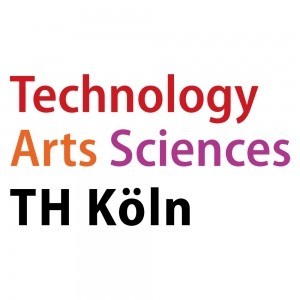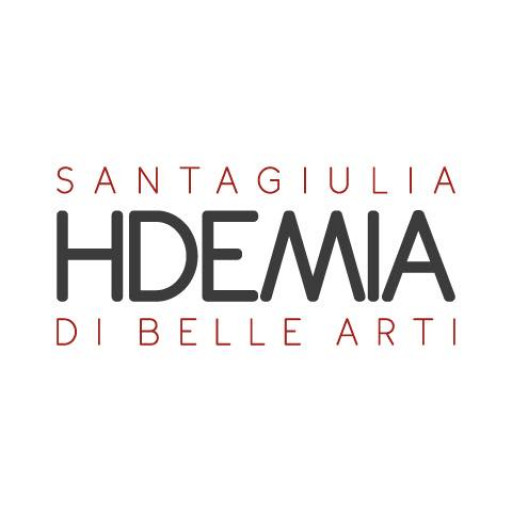The Web Science programme at the University of Koblenz-Landau offers a comprehensive and interdisciplinary education focused on understanding, designing, and managing the complex systems that underpin the modern web. This programme aims to equip students with both theoretical knowledge and practical skills necessary to address the challenges of the digital age, including data management, online communication, information security, and the development of innovative web applications. Throughout the course of study, students explore various aspects of web architecture, data analysis, human-computer interaction, and the societal impact of digital technologies. The curriculum emphasizes hands-on experience with current tools and methodologies used in web development and research, preparing graduates for careers in academia, industry, or public institutions. Students learn to analyze web data, develop intelligent web applications, and contribute to the evolution of web-based services. The programme integrates elements from computer science, information systems, and social sciences to provide a holistic understanding of the web's role in contemporary society. Practical projects, internships, and collaborative work with industry partners are integral components of the programme, ensuring students are well-prepared for professional challenges. Graduates of the Web Science programme will possess the ability to innovate in web technology, conduct rigorous research, and effectively communicate their findings. The programme is designed to foster interdisciplinary thinking, problem-solving skills, and a deep understanding of digital ecosystems, making graduates highly sought after in the fast-changing landscape of web technologies and online information management.
Educational organisation
The Web Science curriculum at the University of Koblenz-Landau is the first of its kind at a German university. It places a strong emphasis on computer science, but builds bridges especially to economics and the social sciences. The study elements split up between the various disciplines are as follows:Interdisciplinary foundations of the Web crossing between computer science, mathematics, social science and economics: 12%
Computer science: 30%
Elective courses in economics, social science, linguistics, etc.: 20%
Seminars, research work and Master's thesis in any of the above subjects: 38%
Study abroad unit(s)
The Institute WeST - Web Science & Technologies - is a founding member of the Web Science Trust Network of research labs, which includes prestigious labs in the USA (MIT, USC, etc.), Brazil, Korea, China and several European countries (Oxford/UK, Southampton/UK, Galway/Ireland, etc.). You may benefit by completing parts of your studies at one of these partner institutions.Forms of assessment
Written and oral exams, course achievements, research work, Master's thesis and colloquiumCourse objectives
Graduates from Institute WeST have found lucrative positions at Google, Ernst & Young, Software AG or Bosch, to name but a few companies, or they have started their own companies (e.g. Kreuzverweis, Alperion), or they have continued with a PhD abroad or in Koblenz. Institute WeST has a limited number of places available each year for candidates to pursue a PhD in computer science with a focus on Web Science. Admission to the doctoral programme is possible with an excellent Master's degree in Web Science or computer science or in a closely related discipline. If you excel in earning a Master's degree in Web Science, you will be in pole position for embarking on your doctoral studies.Language requirements
English language skills at level B2, demonstrated by- a TOEFL result of 550 (paper-based)/213 (computer-based)/79-80 (Internet-based)
- IELTS 6.5 points
For daily life we recommend that you learn some basic German. Attendance at a German class may be required in order to obtain a visa.
Please find some additional tips at http://www.study-in-germany.de about language courses at the Goethe-Institut or free online courses offered by "Deutsche Welle".
Academic requirements
Bachelor's degree in computer science, computational visualistics or business informatics or any Bachelor's degree with computer science as a minor (minimum of 60 ECTS)Enrolment fees
Currently approx. 214 EUR per semester, covering contributions to the student body, the student union, and local public transportCosts of living
We estimate that you need around 600-800 EUR per month for rent, food, books, clothes, phone, health insurance, semester contribution, and recreational activities.Job opportunities
A limited number of jobs are available at the university (i.e. as study assistants). Students who speak good German can also find part-time jobs outside the university.Please note: Due to the intensive nature of the programme, students might find it difficult to work while studying.
Funding opportunities within the university
The university has a limited number of scholarships to support excellent international students in our international Master's programmes during their first semester. The scholarship covers 400 EUR per month during the first semester at the University of Koblenz-Landau.http://www.uni-koblenz-landau.de/en/international-en/incomings/scholarship/weco-scholarship
Arrival support
Prior to their arrival, international students are already in contact with the Welcome Center and the programme adviser.The student body offers an orientation week. In addition, buddies assist international students with administrative matters and help them to settle in and feel comfortable at the university.
Services and support for international students
The Welcome Center on campus is the main point of contact for students regarding administrative matters. Intensive support is also provided by the advisory service, lecturers, and professors of the Master's programmes.Buddies (older or graduate students) are paired with incoming students and offer support in everyday situations.
Furthermore, due to the small number of students, direct contact and communication between students of different semesters is easy.
Accommodation
Accommodation is available in student residences or on the private housing market. A certain number of rooms in student residences is reserved for incoming international students.Students can contact the Welcome Center of the university for further information on the application process or the search for private housing.
E-mail: welcome@uni-koblenz-landau.de







